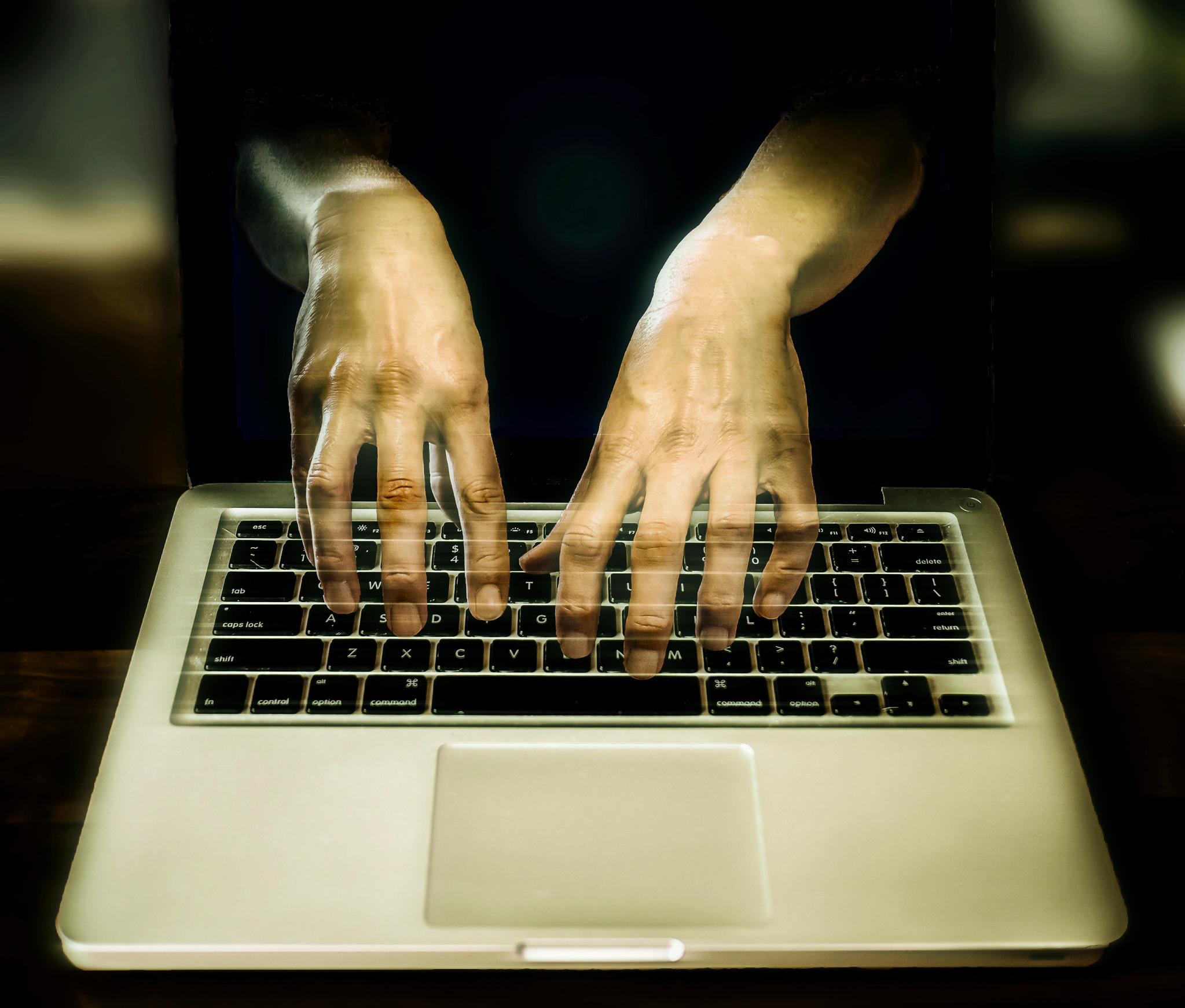 On May 22, the Eleventh Circuit clarified trade secrets misappropriation analysis under the Florida Uniform Trade Secrets Act (“FUTSA”), strengthening the trade secret protection offered by the statute. The decision vacated a magistrate judge’s finding that the defendants had not misappropriated trade secretes following a bench trial in the Compulife Software Inc. v. Newman et al. matter (No. 18-12004). The court found error in the magistrate’s failure to “consider the several alternative varieties of misappropriation” contemplated by FUTSA and the magistrate’s reasoning that the public availability of life insurance quotes on the plaintiff’s website “automatically precluded a finding that scraping those quotes constituted misappropriation.”
On May 22, the Eleventh Circuit clarified trade secrets misappropriation analysis under the Florida Uniform Trade Secrets Act (“FUTSA”), strengthening the trade secret protection offered by the statute. The decision vacated a magistrate judge’s finding that the defendants had not misappropriated trade secretes following a bench trial in the Compulife Software Inc. v. Newman et al. matter (No. 18-12004). The court found error in the magistrate’s failure to “consider the several alternative varieties of misappropriation” contemplated by FUTSA and the magistrate’s reasoning that the public availability of life insurance quotes on the plaintiff’s website “automatically precluded a finding that scraping those quotes constituted misappropriation.”
“At its essence, it’s a case about high-tech corporate espionage,” Circuit Judge Kevin C. Newsom’s opinion begins. The plaintiff, Compulife Software Inc. (“Compulife”), sells access to its online database of insurance premium information, which synthesizes publicly available insurers’ rate tables using Compulife’s proprietary method and formula. Compulife also provides life insurance quotes sourced from its online database. The database itself is valuable because it consistently updates with current information about life insurers’ rate tables and allows for direct comparison across dozens of providers. Compulife licenses access to the database to its customers—primarily insurance agents who in turn seek to provide reliable insurance rate estimates to policyholders. In direct competition with Compulife, the defendants likewise generate life insurance quotes through their various websites.
Compulife alleges that the defendants gained access to its database by falsely purporting to work for Compulife’s licensed customers, hired a hacker to scrape data from Compulife’s database, then used the scraped data to generate life insurance quotes on the defendants’ own websites.
To prove a claim under FUTSA, Compulife must demonstrate that (1) it possessed a trade secret, and (2) the secret was misappropriated. The magistrate judge’s finding that Compulife’s database constituted a trade secrete was not contested on appeal. Instead, Compulife challenged the magistrate’s finding that the database had not been misappropriated. Under FUTSA, a trade secret can be misappropriated by either acquisition, disclosure, or use. Compulife alleges only misappropriation by acquisition and use.
The magistrate found that Compulife’s misappropriation by use claim failed because Compulife did not identify what legal duty the defendants had violated. The court found that this reasoning was erroneous, as there are several varieties of misappropriation by use that do not depend on the existence of any external legal duty. Citing Florida Statute § 688.002(2)(b) 1., 2.a., and 3, the court explained that “[w]hen, for instance, a defendant knows that his knowledge of a trade secret was acquired using ‘improper means,’ or that he has acquired knowledge of a trade secret ‘by accident or mistake’ and still uses it, such use is actionable misappropriation.” The court concluded that there was enough evidence that the database had been used by either improper means or accident or mistake and that these misappropriation theories must be considered before the court can dismiss the claim.
The court also found that the magistrate erred in finding that because the individual insurance quotes on Compulife’s website that the hacker scraped were publicly available, the database from which those quotes were sourced could not have been misappropriated by acquisition. Instead, the court reasoned that even if the publicly available individual quotes did not merit trade secret protection, “taking enough of them must amount to misappropriation of the underlying secret at some point. Otherwise, there would be no substance to trade-secret protections for ‘compilations,’ which the law clearly provides.” The court also concluded that the method of acquisition could determine whether the taking of the publicly available quotes constituted misappropriation. “[W]hile manually accessing quotes from Compulife’s database is unlikely ever to constitute improper means, using a bot to collect an otherwise infeasible amount of data may well be—in the same way that using aerial photography may be improper when a secret is exposed to view from above.” The court vacated the magistrate’s dismissal of the misappropriation by acquisition claim and ordered the magistrate judge to consider these possibilities on remand.
The Eleventh Circuit’s defense of Compulife’s trade secrets in this case is encouraging for any tech company that licenses access to its proprietary information or makes some version of it publicly available. This decision confirms that, at least under FUTSA, these partial exposures are not fatal to a claim for trade secret misappropriation.
"trade" - Google News
May 30, 2020 at 02:43AM
https://ift.tt/2XGSzBR
Eleventh Circuit Solidifies Protection of Trade Secrets Threatened By u201cHigh-Tech Corporate Espionageu201d Under Floridau2019s Trade Secret Law - Trade Secrets Trends
"trade" - Google News
https://ift.tt/2VQiPtJ
Tidak ada komentar:
Posting Komentar